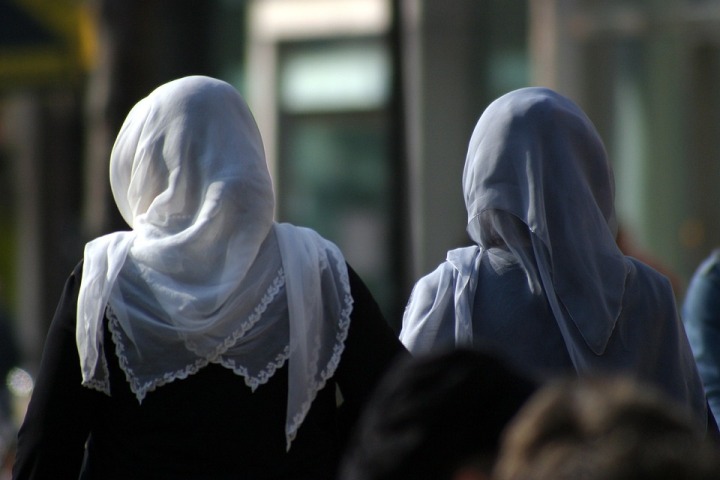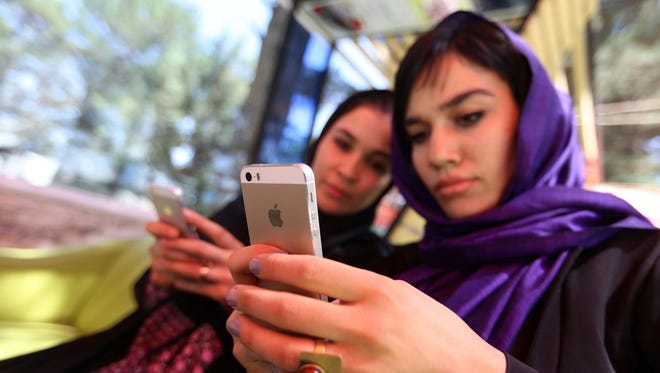The 28-year old Afghan woman, Laleh Osmany has been campaigning for years to bring about a change in the age-old custom of officially identifying people by the names of their fathers; she wants the mothers’ name to be included on identity cards as well.
However, her “Where Is My Name?” campaign, that finally brought a wave of change in the law earlier this week, has stirred a debate in the conservative Muslim country of Afghanistan where for some people, speaking a woman’s name in public is still considered a taboo.
Power-sharing talks that began only recently by The Taliban with the government of Afghan that clearly returns to rule in some capacity, they have criticized the reform in one of the first palpable stances they brought up on women’s rights as they engage in the peace process.
From the beginning of this campaign until now, we’ve encountered insults, humiliation, threats, a 28-year old religious studies graduate Osmany spoke.
She launched her campaign on social media in 2017 and it paid off last week when President Ashraf Ghani signed an amendment that would acknowledge mothers equally with fathers on identification cards.
For thousands of other Afghan women and Osmany, a mother’s name beside the father’s on identity cards represents the rightful recognition of every woman in society.
“This right has been given to us by Islam … we want to take back our rights.”
However, along with the recognition from the support of many woman as well as the president, the reform has provoked fury.
The inclusion of the mother’s name on electronic IDs would be a disgrace and a dishonor for Afghans, said Akbar Agha, who served as an official during Taliban rule.
He spoke during a gathering to discuss reconciliation in the city of Herat last week.
Change isn’t Always Easy

Women’s rights have improved ever since the Taliban were forced from power in the year 2001.
Bur the concern stems and grows stronger about the likelihood of assisting that positive change with the possibility of a return of the Islamist group to a role in government. The Taliban believe they have changed and would let women and girls continue their education and work outside the home under some circumstances.
However, when forced for details such as on whether girls and women would be required to wear a ‘burqha’ or any other face covering while working with men, they say the women rights should be approved according to Islamic sharia, though without stating how.
Many women hold on to doubt the sincerity of reassuring Taliban beliefs.
Taliban spokesman Zabihullah Mujahid assured that the group is against putting the names of mothers on identify cards.
From a religious point of view, the names of women are among the prohibitions that cannot be mentioned anywhere, Mujahid said while talking to Reuters. Mentioning the names of mothers, wives, sisters and daughters is not culturally tolerable in our society, he said.
Osmany told that she was disappointed by the Taliban but she would stand her ground and won’t stop fighting for the recognition of women, although she was concerned about her colleagues and her own safety.
We’re not doing anything wrong, so we’ll continue this struggle so that we can revive the identity of women, she said, reports Express Tribune.
We know change is difficult, it’s difficult to change society but when we start working, we must not be afraid of obstacles and we should never give up.
What are your thoughts on this story? Share with us in the comments below.
Stay tuned for more news and updates.
